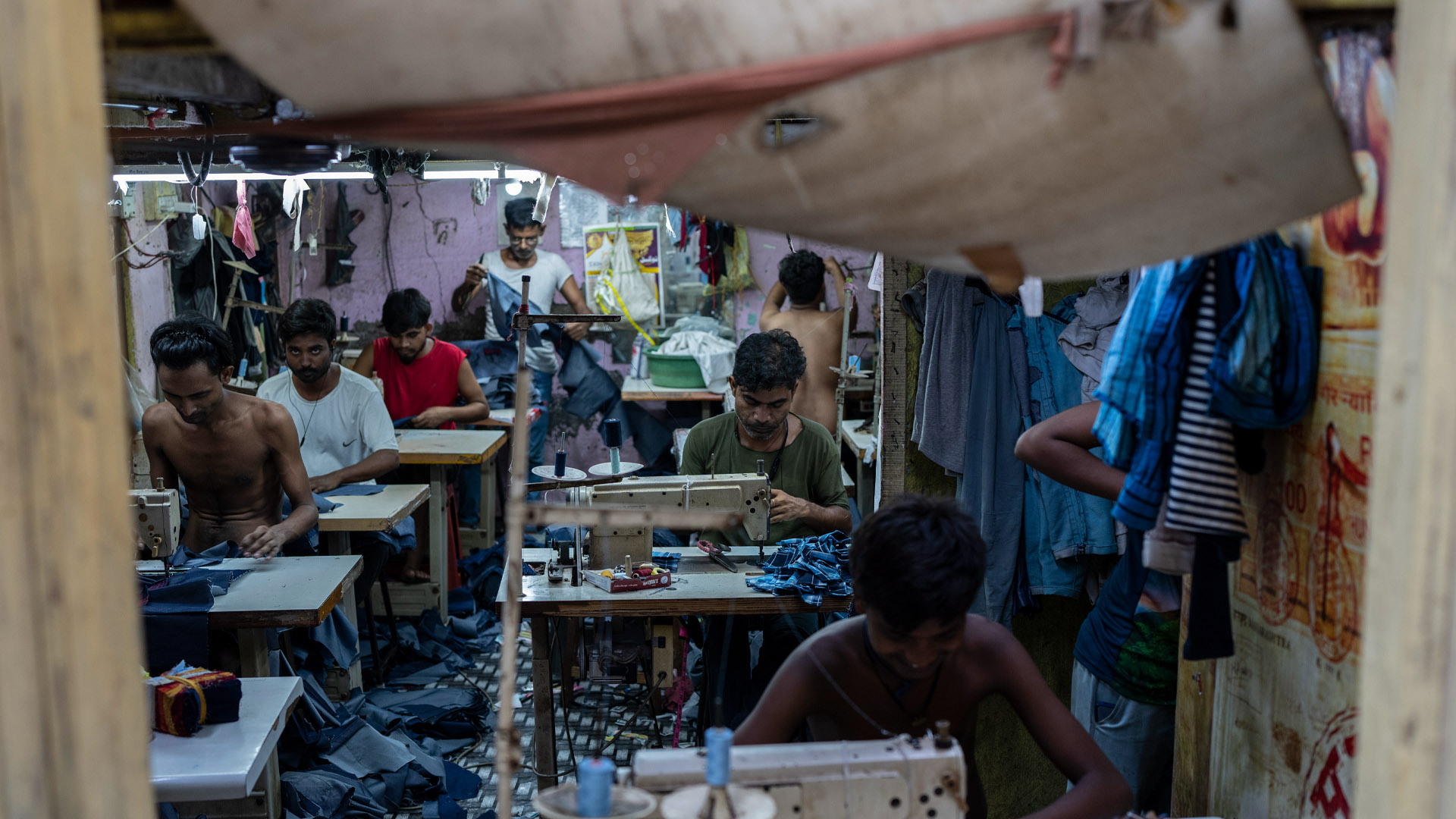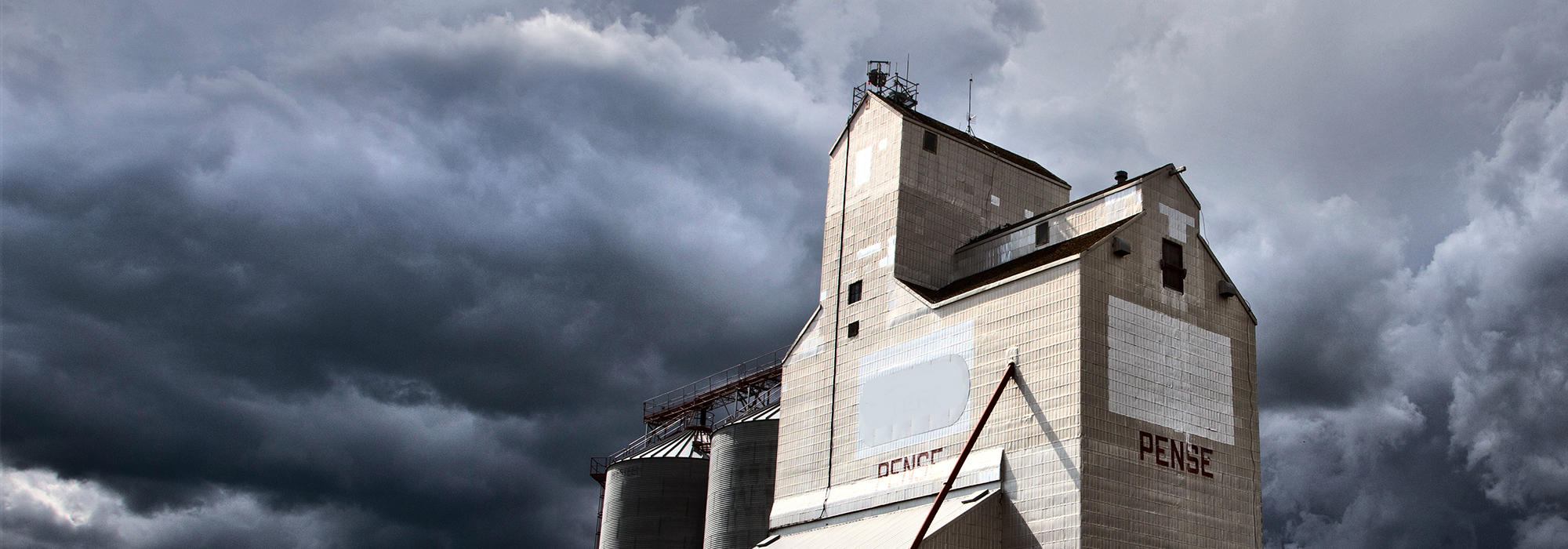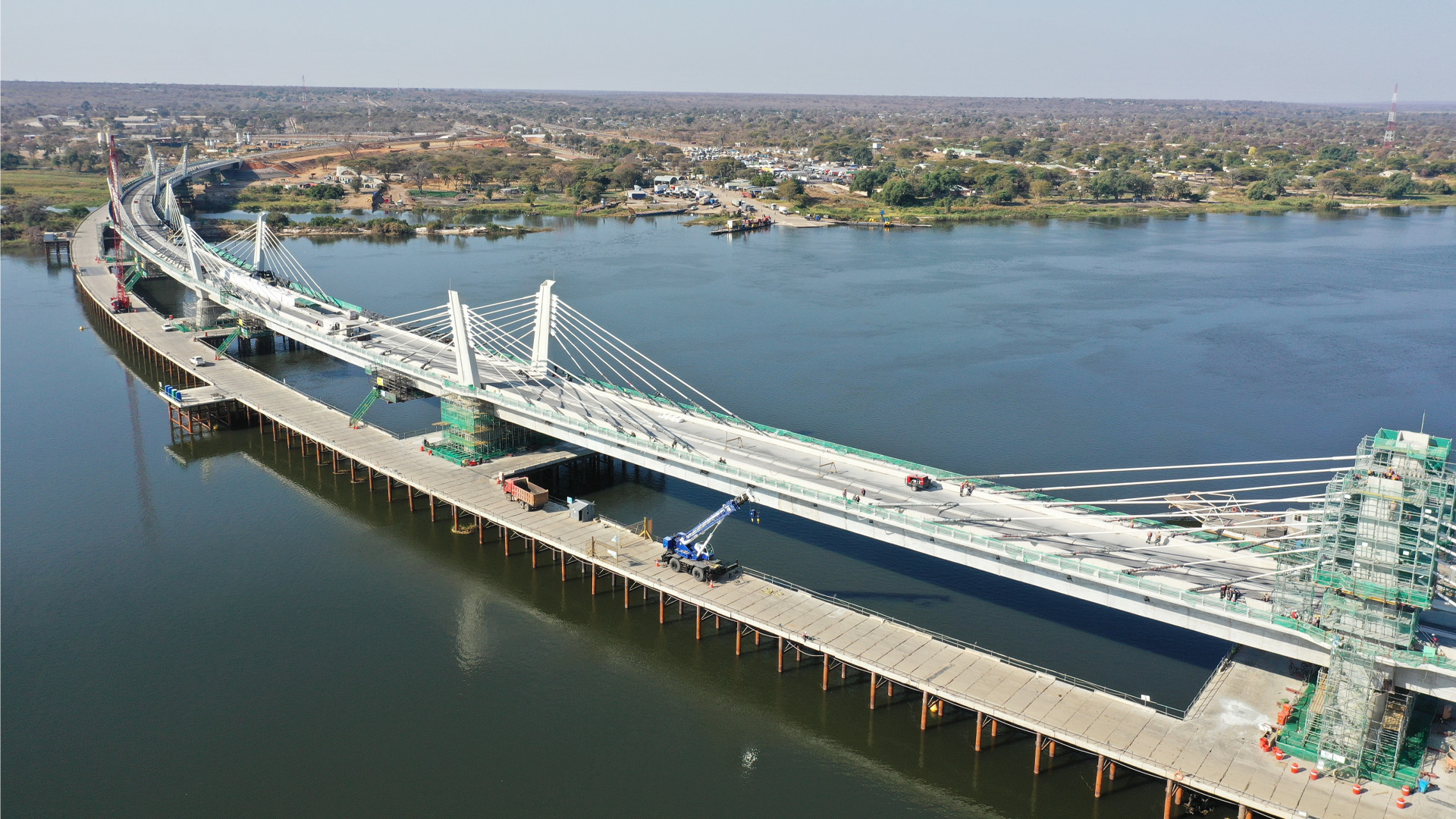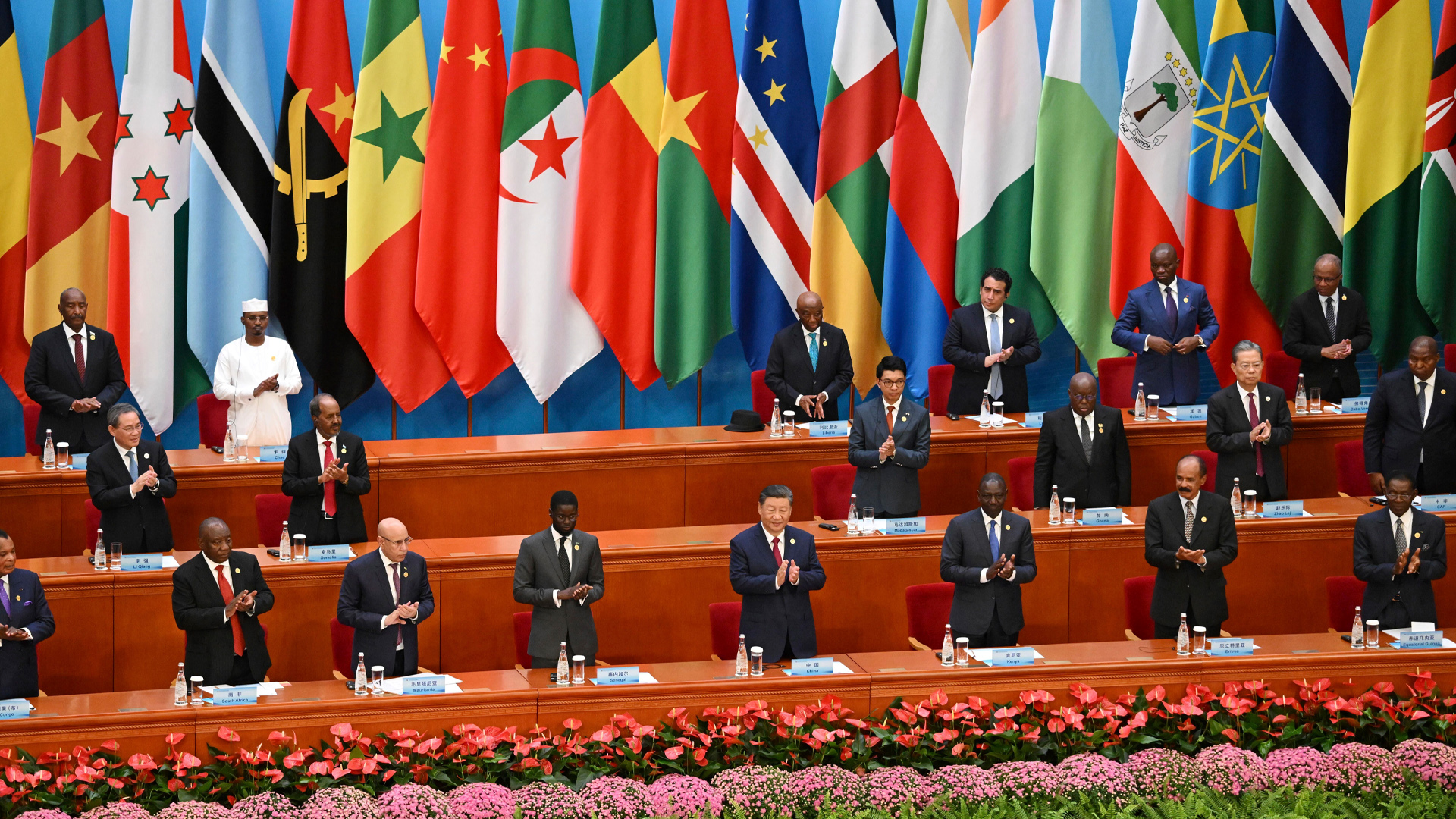
During a diplomatic dinner in Regina in October, Premier Brad Wall offered an eloquent speech about the significance of international trade for Saskatchewan as well as for the well-being of other jurisdictions around the world. His primary point was obvious: many current and future Saskatchewan jobs are connected to our exports, especially in our food, fuel and fertilizer sectors. He’s right!
In their 2014 book, Brave New Canada, Derek Burney and Fen Osler Hampson highlight that “the one province that does have its act together in terms of both fiscal rectitude and strategic vision is Saskatchewan.” Importantly, Saskatchewan’s current vision includes bolstering “trade, investment, and exports” by being more globally engaged.
Our Saskatchewan story also aligns with — and contributes to — promising trends around the world. In his 2015 book, The Great Surge, the Georgetown University professor Steven Radelet explains that since the early 1990s, “deeper global connections through trade, financial flows, information and ideas, movement of people, and access to technologies” have helped lift one billion people “out of extreme poverty.” Although this surge of progress has not reached everyone, “a major transformation is under way — and has been for two decades now — in the majority of the world’s poorest countries.” From our corner of Canada, Saskatchewan quietly offers what many countries, especially in Asia, seek: enhanced energy security, greater food security, water security expertise and innovation-driven partnerships.
But during his dinner speech, Wall also ably identified disconcerting clouds on the horizon: he noted that our era is challenged by protectionist impulses as we confront the insular instincts of others. Following the Premier’s thoughtful speech, South Korea’s ambassador, Maeng-ho Shin, asked me about the future of the North American Free Trade Agreement. Having just returned from Washington, I admitted to a growing pessimism over the future of NAFTA. How I hope I am wrong.
A national economic alarm is sounding, with sizable aftershocks set to jolt Saskatchewan and all of western Canada if the agreement ends. As a November headline in the Globe and Mail put it, “NAFTA is sinking, and Canada needs a lifeboat.” While our long-standing trilateral trade deal is not dead yet, Canadian experts are openly preparing for the worst, as there will be several evolving and troubling — if not terrible — consequences associated with the disappearance of this dynamic agreement.
Reinforcing that this alarm is not hyperbole, the December edition of Maclean’s includes an article entitled, “‘All hell would break loose’: If Trump kills NAFTA, here’s how the damage to Canada’s economy could unfold.” Aaron Hutchins explains that if America leaves NAFTA, “tens of thousands of jobs would be at risk as supply chains are torn apart and retaliatory protectionist measures crimp growth” in both Canada and the United States.
Putting a poignant regional focus on some real risks to our future prosperity, the Canada West Foundation completed an analysis this fall of “what the end of NAFTA could mean for jobs in Western Canada.” Based on the most recent data, 10 percent of Saskatchewan’s total employment and 48 percent of the value of this province’s total exports are linked to the United States.
Offering some reassurance, the Canada West Foundation report explains that “if the U.S. withdraws from NAFTA, our trade with the U.S. is not going to stop. It will, however, get more expensive.” But it adds ominously: “If the U.S. leaves NAFTA, there would likely be some job losses but it is hard to predict how extensive these would be.”
In his November 2017 report The Day after NAFTA, BMO economist Douglas Porter explains that while the end of NAFTA “would not be a disaster” for Canada’s economy, specific sectors and regions would be disproportionately affected. Under the category of “significant vulnerability,” he suggests that food and beverage producers “would face among the highest U.S. tariffs of all industries.” He adds that “upstream tariffs in the agricultural sector could put additional pressure on food processors.”
Reinforcing this point, Porter explains that “crop producers are also judged to have moderate exposure. Post-NAFTA U.S. tariffs would be relatively high at nearly 4%, though less than 20% of Canadian crop products are sold into the U.S. marketplace.” These numbers will matter to western Canada. Saskatchewan produces 23 percent of Canadian agri-food exports, and the United States is the province’s top agricultural export market. Sales to the US are valued at $3.5 billion, about 25 percent of Saskatchewan’s total agri-food exports to the world.
News from our western sibling adds to the disquiet. James Wood’s late November story in the Calgary Herald was headed “Alberta preparing for ‘very possible reality’ of NAFTA collapse: Bilous.” It reports that Alberta’s minister of economic development, Deron Bilous, says his province is working “to be ready” in case NAFTA collapses.
Pull quote: With troubling storm signals arriving daily, and as Saskatchewan prepares for a change in leadership after Wall’s retirement in January 2018, there is an urgent need for Saskatchewan’s next premier to follow Wall’s internationalist orientation.
With such troubling storm signals arriving daily, and as Saskatchewan prepares for a change in leadership after Wall’s retirement in January 2018, there is an urgent need for Saskatchewan’s next premier to follow Wall’s internationalist orientation and to outline as well as lead a regionally focused strategy, as western Canada and indeed the country grapple with the pending demise of NAFTA. This comprehensive strategy should consist of both defensive measures and offensive plans.
On defence: through the Council of the Federation, Saskatchewan’s next premier should request a meeting of first ministers focused on Canada in and beyond the North American economy. It’s time to reconceive, articulate and reach a pan-Canadian consensus about our economic national interest and ways of bolstering our prosperity in these uncertain times.
Far from being critical of efforts out of Ottawa, we ought to recognize that our federal government has been and remains fully engaged in sustaining NAFTA. Led by the Prime Minister and our very able foreign minister, Chrystia Freeland, the federal government has established — and is implementing — a focused and enterprising Team Canada strategy of engagement across the United States. But a meeting of first ministers will further ensure that Canada is leaving no stone unturned. The message would be clear: it’s time to further mobilize Canadians to help fight for our prosperity.
What more can Canadian state and societal entities do, especially by working together? For instance, can Canada better build on ongoing efforts undertaken by our cabinet ministers and premiers as well as Canadian and American chambers of commerce? Can Canada bolster vital education and outreach initiatives such as the Fulbright Canada program? Should we further engage globally oriented, youth-focused development organizations such as Canada World Youth in an effort to build additional bridges across North America and beyond?
Provincially, the next premier should establish a Saskatchewan-North American advisory council. Drawing on the model and the solid work of the province’s Asia Advisory Council, this new council should report within 30 days of being created. It should propose fresh strategies and nimble steps that Saskatchewan needs to undertake, with alacrity, to further engage US partners while also preparing for the end of NAFTA. While important work is under way within government, this council would bring both a sense of urgency and crisp ideas to our next executive council and the people of the province.
On offence: to draw again on the Canada West Foundation’s report, thankfully “Western Canada’s trade transportation infrastructure and west coast ports [give] us an advantage over other regions of Canada — access to the growing markets in the Asia-Pacific.” But now this geographic advantage must be maximized. By challenging Saskatchewan corporations and the federal government to match new provincial dollars, the next premier should immediately enhance the budget and mandate of the Saskatchewan Trade and Export Partnership. It’s time for a fresh global trade strategy for Saskatchewan, deepening our presence in international markets and broadening our trade horizons.
As well, the new leader should look at enhancing globally oriented educational opportunities across the post-secondary and skills training system. These investments could include a focus on agriculture and information and communications technology as well as entrepreneurship but should also create new openings for Saskatchewan’s Indigenous youth, who should help shape and share in the next wave of our provincial economic development.
It is also time for the Saskatchewan government to tap formally into the vital knowledge and extensive global networks of our growing newcomer communities: let’s find new ways to meaningfully invite our increasingly diverse communities to help bolster Saskatchewan’s prosperity. As well, Regina should work with Ottawa to better support family reunification and international student access — and success — through refined immigration streams within the Saskatchewan Immigrant Nominee Program. Finally, Ottawa needs a nudge to reboot the federal Immigrant Investor Program, an initiative that for many years enjoyed bipartisan support in Parliament.
As the death knell of NAFTA tolls, it’s time for Saskatchewan’s next premier to redouble efforts to protect and promote our shared prosperity. Right now, Canada needs more Saskatchewan.
Photo: Shutterstock, by Pictureguy
Do you have something to say about the article you just read? Be part of the Policy Options discussion, and send in your own submission. Here is a link on how to do it. | Souhaitez-vous réagir à cet article ? Joignez-vous aux débats d’Options politiques et soumettez-nous votre texte en suivant ces directives.








